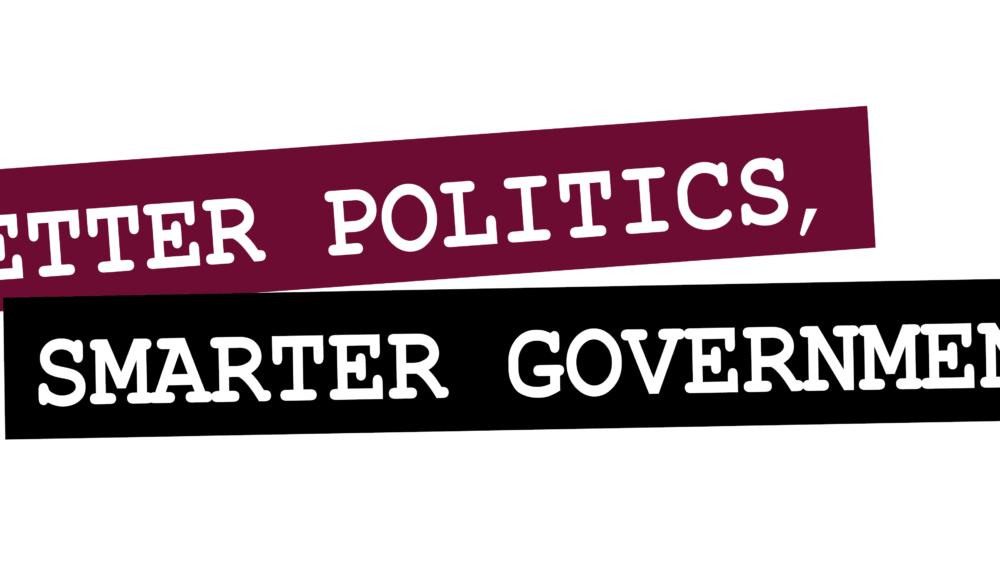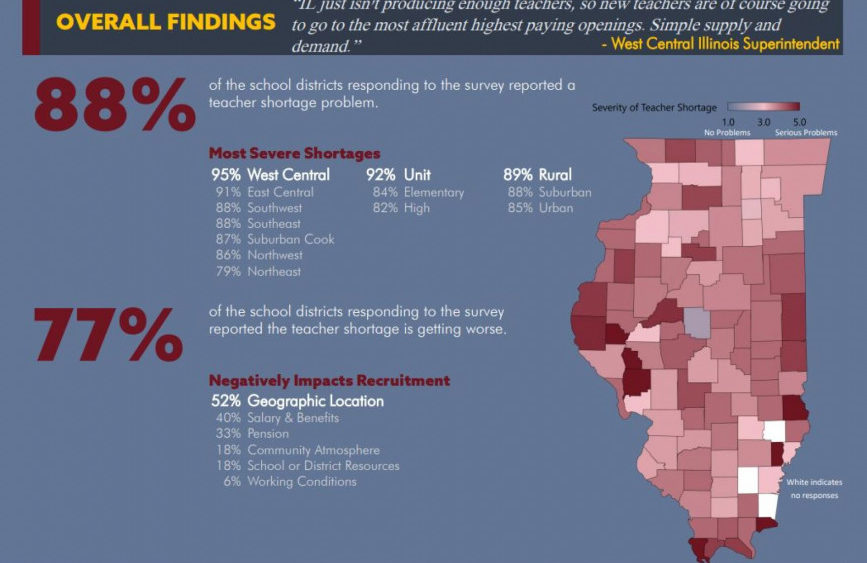I suspect more than a few eyebrows were raised this week when Springfield Alderman Ralph Hanauer floated the idea of pursuing red light cameras for certain high-traffic intersections in Springfield. The suggestion came up during a discussion of traffic crashes and offenses in Springfield, with many aldermen acknowledging that drivers trying, and often failing, to beat a red light are a common and serious hazard around town. The cameras can catch drivers in the act and automatically generate tickets for them.
It’s reasonable for aldermen and police – and indeed for all of us – to be concerned about reckless drivers, whose bad judgment could permanently alter someone else’s life. But red light cameras are a big red flag for a lot of people.
That’s in part because the technology has become synonymous with corruption in some parts of the state, specifically the Chicago suburbs. Federal prosecutors have had a field day in recent years going after some red light camera companies and their alleged use of bribes to land lucrative contracts with some local governments up there. There are undoubtedly some shady players in that industry, as there are in many other industries. But rejecting red light cameras overall because of a few bad players would be like refusing to set up a retirement plan because Enron bilked its employees out of their pensions.
There are other complaints, such as the problems sometimes seen in Chicago where notices were sent to drivers who were nowhere near the area when the ticket was generated, and who had to navigate a tangle of red tape to try to get the erroneous ticket resolved. It’s likely that the technology has gotten substantially better, and of course any government using the devices must take great pains to make sure they are operating accurately and not causing problems for drivers who did nothing wrong. Fortunately, it should be easier to work through Springfield’s bureaucracy than what you might encounter in Chicago.
Some think Hanauer might have given the game away as he talked about the potential benefits of red light cameras, when he said, “We might be able to solve a lot of budget problems in this town with red light cameras.” That plays into a widespread belief that traffic enforcement in general is just a cash grab for city government, rather than an effort to make our streets safer for everyone. Even if that were the case, the plot is easily thwarted – by simply obeying traffic laws and not jeopardizing others by your actions.
Traffic safety is a big problem in Springfield. We don’t have the police manpower to monitor every major intersection in the city, and we never will. But we have technology that could provide that monitoring – and in turn, serve as a deterrent to drivers whose haste and impatience create a clear and present danger to others.
People don’t want to say it out loud, but that’s probably the biggest gripe against red light cameras – they make it less likely that drivers will get away with their risky behavior. It will force them to be more careful and less impulsive, and some drivers simply don’t like that – which may be the best argument of all in favor of red light cameras.
By the way, there is ample evidence that the cameras do modify driver behavior for the better. At Chicago intersections with red light cameras, the data shows a 59-percent reduction in total crashes, and a 40-percent reduction in accidents with injuries from 2005 to 2018.
There are plenty of questions about how such a system would work and whether past problems could be adequately addressed. But as someone who drives on the streets of Springfield every day, and whose loved ones do as well, I want the city to pursue every available method of making those streets safer for all of us.




